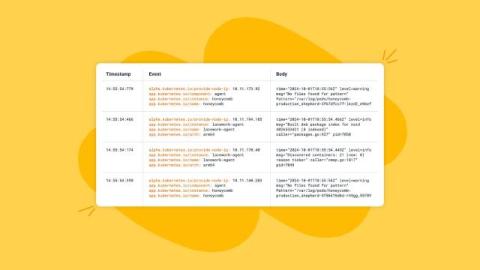Implementing High-Cardinality Instrumentation in Frontend Apps
As the Product Manager for Honeycomb’s new frontend product, Honeycomb for Frontend Observability, I’ve had the joy this past year of speaking to dozens of frontend engineering teams about observability. Many frontend teams come from worlds where they either rely on QA and customer reports to identify issues in production, or they use real use monitoring (RUM) and error monitoring tools to catch the most egregious issues.











